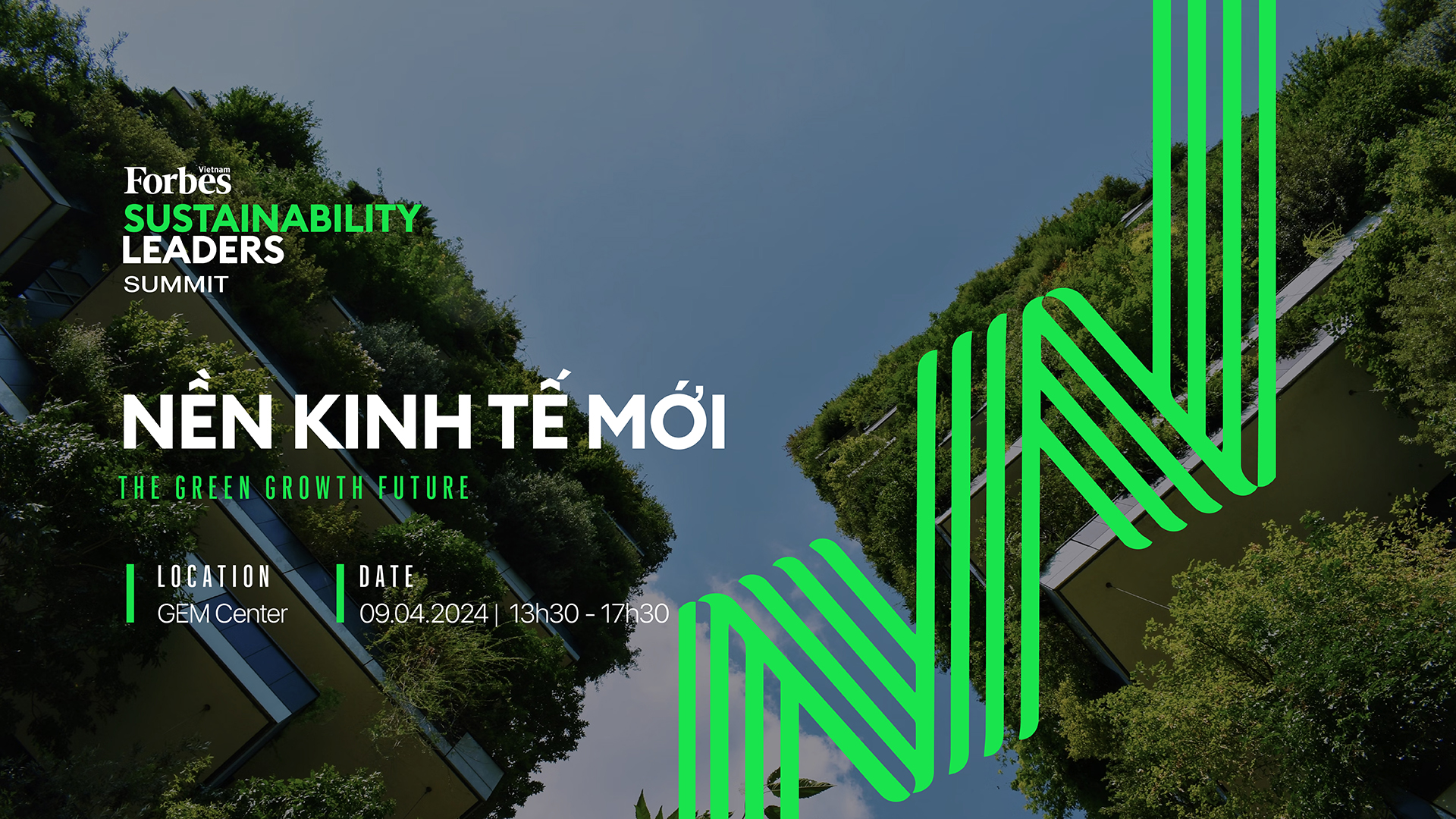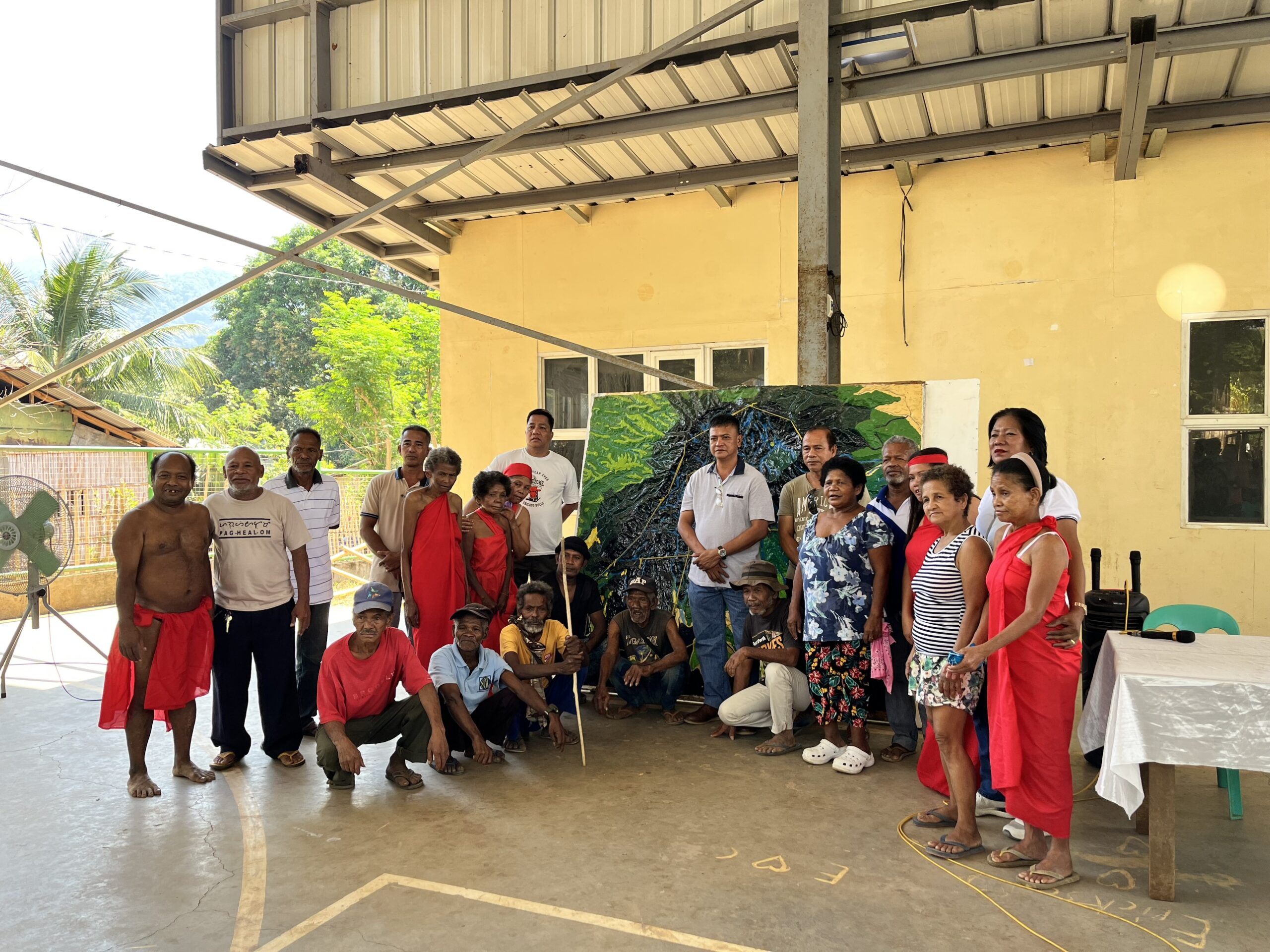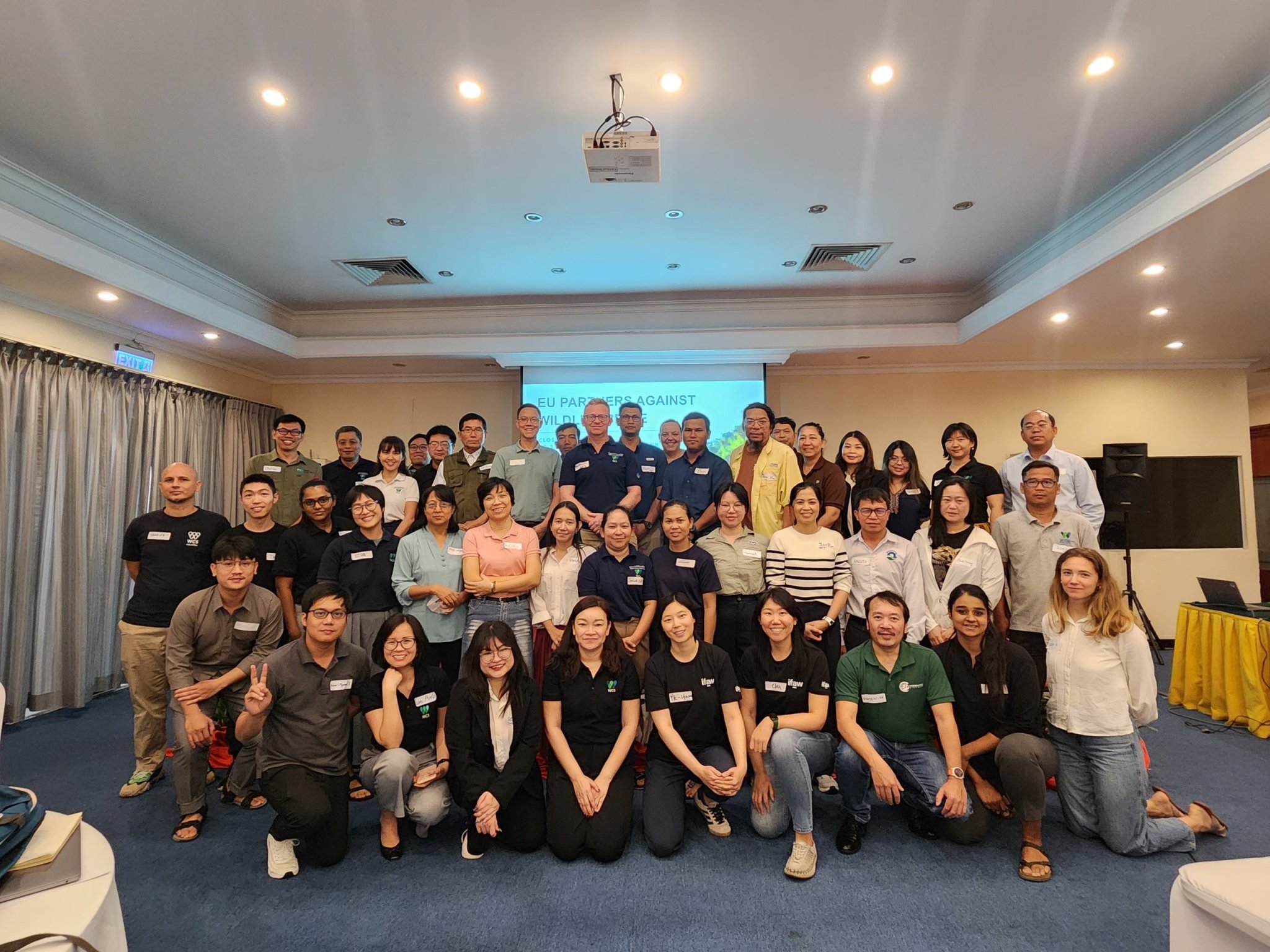In order to create an open space for discussion and explore directions in the trend of sustainable development within the business community, Forbes Vietnam is organizing the THE GREEN GROWTH FUTURE development conference. The conference gathers experts and leaders from businesses leading the market to discuss current topics on low-carbon economies, climate change mitigation, and the path toward sustainable development.
PanNature Members: Use code REF for a 30% discount (apply for the standard ticket)
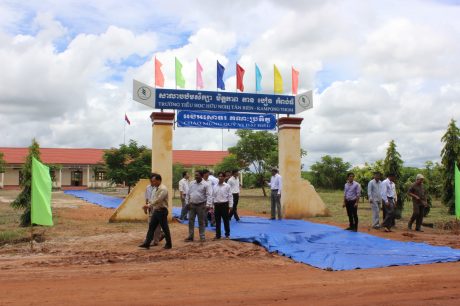
Economic Development Associated With Social Security
Investing in rubber, Viet Nam Rubber Group (VRG) members always ensure social-environmental safeguards aiming at sustainable development in Laos and Cambodia.
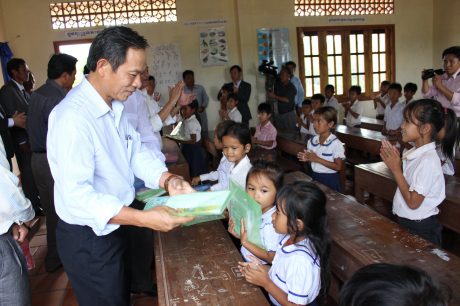
The process of land allocation is strictly implemented
Currently, VRG subsidiaries in Laos and Cambodia are harvesting a part of their rubber plantation and recruiting about 11,107 local people. The income of employees in the project area is higher than the minimum requirement of 170 USD / month in Cambodia. In the future, the companies will recruit more local workers as rubber area spreads.
VRG subsidiaries’ rubber plantation projects are Economic Land Concessions approved by the Royal Government of Cambodia for industrial crops conversion.
The process of land allocation in Cambodia is very strict with a series of surveys and assessments by ministries, state licensing councils and relevant local authorities. According to these assessments, national parks, protected forests, dense forests, sacred forests, and cultivated land of local people are not included in the concession area. In addition, once planting new plants in assigned areas, member companies must ensure adequate compensation for local people’s crops as consent and not encroach on the land of those outside the project area.

Pay attention to environmental protection activities
Currently, VRG member companies in Cambodia have implemented the Environmental Impact Assessment (EIA) report to meet the requirements of Cambodian law. Some projects are awaiting approval from the Cambodian Ministry of Environment.
The objective of the Environmental Impact Assessment is to assess the impact of projects on natural, human and social conditions within the scope of project activities. Economic development must ensure social security and sustainable development at the same time. The key issues in the evaluation of environmental impacts are natural, human and social factors, including:
Water resources: The development of the project must ensure that there is no change in vegetation around large rivers and streams, to make sure water flow is not exhausted. Human economic activities must not pollute the water source.
Land: Planting rubber trees to timely cover the empty area, planting carpet trees with legumes to prevent erosion and improve soil nutrition, apply appropriate fertilizer to increase soil fertility.
Vegetation and animals: Balancing the eco-system, protecting plant and animal species in the project area, implementing measures to enrich rare and endangered animals and plants.
People: Project development must ensure the benefit of people inside or around project areas; create jobs, increase income and improve human’s lives in all aspects such as culture, social security and health care.
Social welfare: Economic development must be associated with infrastructure development, building new roads, schools, health stations, housing workers, temples, pagodas …
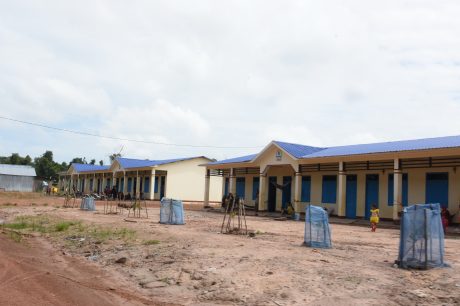
Enhance cooperation with non-governmental organizations
VRG has actively cooperated with a number of non-governmental organizations (NGOs) such as PanNature, Oxfam in Vietnam and UN-REDD+ Vietnam to survey several member companies in Laos, Cambodia piloting “Guidelines for voluntary risk reduction in agricultural investment abroad” VRG is making attempt to cooperate with some other NGOs on re-issuing FSC certificates.
Besides, the group has also cooperated with Vietnam Rubber Association (VRA) and World Wildlife Fund (WWF) Vietnam to survey a number of subsidiaries, consult related organizations as well as rubber enterprises to develop the handbook “Guideline for sustainable management of rubber plantations in accordance with international forest certification standards”. The handbook is applicable to all subsidiaries for socio-economic and environmental development. VRG and VRA are also cooperating with Vietnam Timber and Forest Products Association (VIFORES) and Forest Trends Organization to study the supply chain of the Vietnamese rubber industry to propose relevant and appropriate policies for sustainable rubber development.
VRG has now announced its commitment to sustainable development of the rubber industry on its official website, with the following criteria: sustainable development associated with socially and environmentally responsible activities, comprehensive cooperation, and investment in social works to support people and enhance the transparency of information and activities. In addition, VRG and VRA are encouraging members to register for the Sustainable Natural Rubber Initiative by IRSG (which many tire companies and foreign rubber suppliers have joined).
In particular, the Group affirmed not to invest in new rubber plantation areas in Cambodia and Laos since 2015, and there are no plans to expand rubber plantations in those countries in the future.

